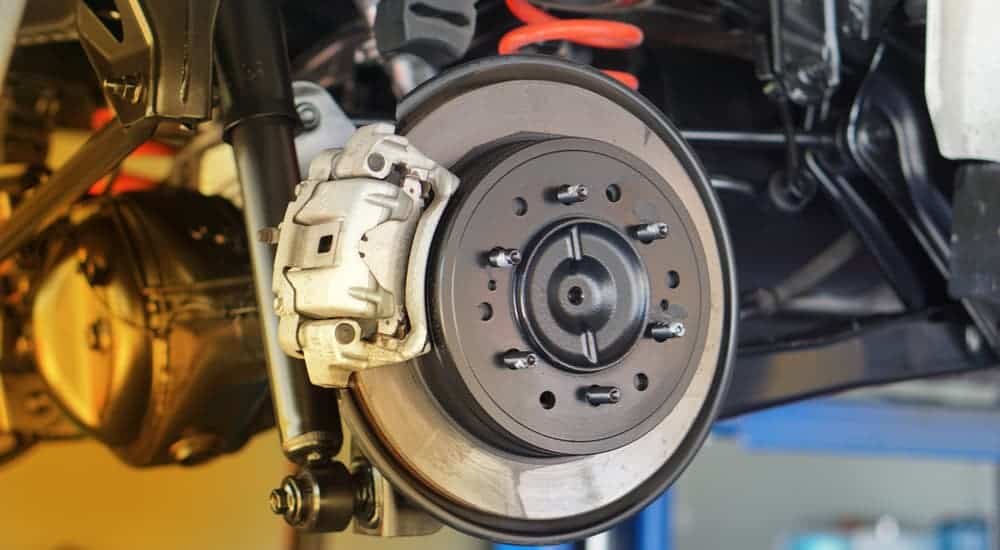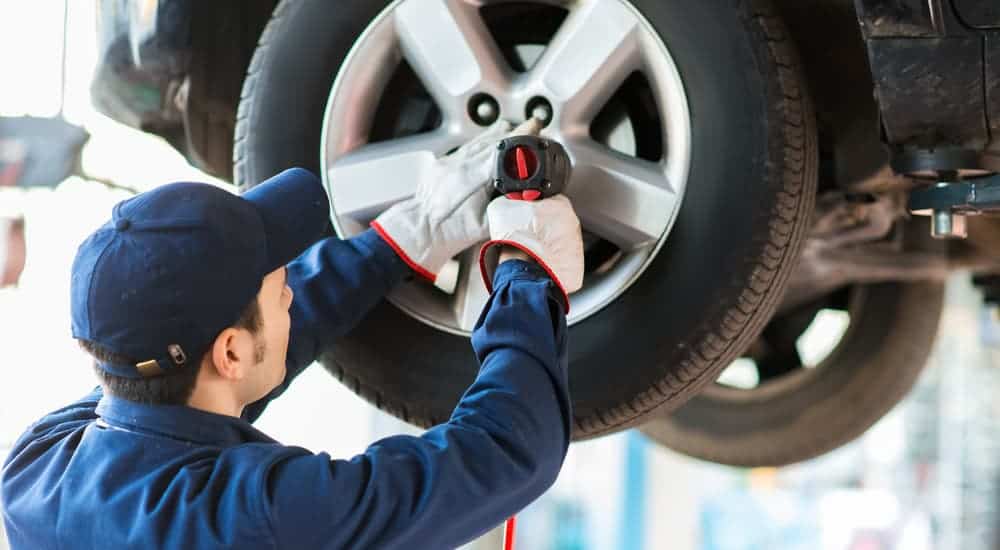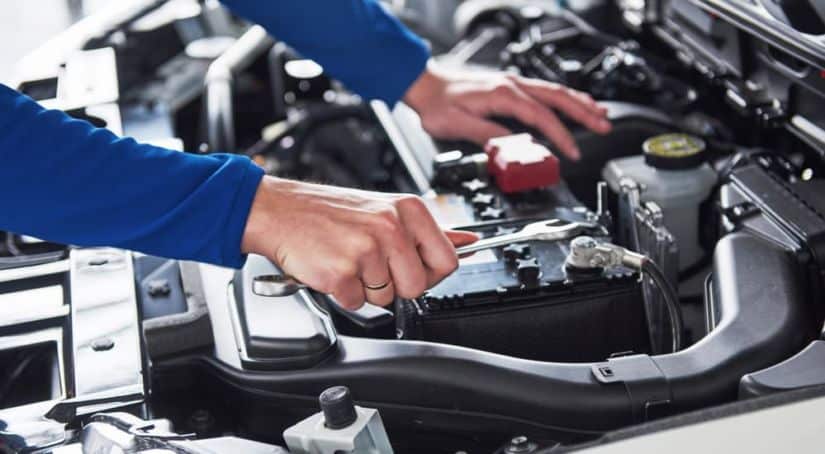I was cruising along in my vehicle, enjoying the sights when an unfamiliar noise emanated from the bowels of my engine. This should sound familiar as it’s happened to the best of us, even those who are mechanically driven. At this junction, you can do two things, you can attempt to figure out what is wrong on your own, or you can put your car in the hands of the experts. This option can save some of us, in this case, myself, from the embarrassment that comes with making the problem worse. So that’s what I did when my engine started making a noise that sounded like someone knocking on the front door of my house. I looked around for car service near me so I could get back on the road.
At this point, I should note that it helps to know what basic maintenance is required to keep your vehicle in tip-top shape. Before now, I had no idea what was actually required just for some routine work. While I know that your car should be taken to a professional, what exactly should the experts be checking when they pop the hood of my car? I knew I shouldn’t need to replace my engine, and I needed to get gas before the dial hit E. That much is common sense, what I didn’t know was when do I need an alignment? What oil should I use? When should I change my oil, and how much should I be spending? What about my brakes? Does that count into that routine car maintenance my dad always spoke about? So many questions and I didn’t ever think to really get answers until I was stuck with a lot of anxiety and a really loud noise coming from the engine.
What Is Routine Maintenance?
Routine maintenance is anything that is done on a regular interval that keeps things running as smoothly as possible. When it comes to defining routine maintenance for an automobile, most car manufacturers agree that there are a few key points of interest to monitor. When I started my search, I found that the biggest things to pay attention to are oil (and other fluids), brakes, and tires. Other important things were the air filter and battery.
Some of these things were new to me; I had no idea what an air filter was or that my vehicle had one. I knew tires needed to be replaced, I’d seen enough flat tires in movies, and once when I was a kid, my mom got a flat driving me to soccer practice. Did I know I needed to get an oil change before I got my first car? Yes, but I didn’t know what it meant. Our cars are complex, but we just need to take the time to understand them, and I learned you don’t need to be a mechanic to do that.
So What About Brakes?

From what I found when I researched brake changes, there is no general amount of time to go between brake changes. Since everybody drives different, Johnny might need new brakes every 20,000 miles, but Edna may be able to get 50,000 miles out of hers. If you’re on a budget like me, then the advice I found is to brake slow. Leave plenty of space between you and the car in front of you so you can break gently over a longer period of time. When you need to make an emergency stop, you’ll have plenty of ware on your breaks to promptly slow you down.
I learned that when you do need brakes, you’ll know based on how your vehicle is reacting, or you just have gone so long with them and haven’t needed them worked on. Typically you shouldn’t go more than 50,000 miles without getting your brakes replaced, but some driving habits or even weather can cause brakes to wear faster. If you feel your brake pedal or your entire vehicle is shaky when you press on the pedal, or you hear a squealing/scraping noise when you brake, it is time to call your mechanic for help.
How About an Oil Change?
The answer to this question is going to depend on what you drive, how old the vehicle is, and what oil it takes. In my case, I drive a small sedan that takes full-synthetic oil. According to my research, I don’t need to get an oil-change all that often, I can go between 7,000-10,000 miles between changes. From what I have read and what I know now, I don’t recommend going that long between an oil change. A skilled mechanic will check your engine for other things that could be damaged from regular wear. With that said, I recommend getting an oil change every 5,000 miles regardless of if you have full or a synthetic blend in your engine.
For other vehicles, you might have conventional oil. This also requires an oil change for about every 5,000 miles, but you might want to go every 3,000. In either case, even if you don’t need to drive far and can go years between an oil change, you don’t want to do that either. Make it a point to go at least every three to six months.
My research showed that there are other important fluids in a car that need to be checked or replaced, including coolant, transmission fluid, brake fluid, and even windshield washer fluid. For those first three, ask your mechanic or check your cars owner’s manual for specific times to take care of them. Windshield washer fluid can be added regularly, or when it gets low, I check and top mine off once a month.
Let’s Talk Tires
The final piece of maintenance to review is our vehicle’s tires. As an item that will wear down over time, tires will wear faster depending on driving habits and roads we take. Tires are important for a lot of reasons, and good tires mean good traction in adverse weather conditions, and they help in accident prevention. Even before I knew about routine vehicle maintenance, I knew that tires were a key part of keeping myself and others safe while I was on the road.

According to the internet, tires should be replaced either every six years or after 25,000-50,000 miles of use. However, some driving conditions can make tires wear down even faster than that. A great example would be living or working on a dirt road. I find myself replacing my tires every 1.5 years because I work at the end of a long dirt road, but you might find yourself replacing yours every three years because you only drive on smooth pavement. You can check your tires by sticking a penny between the tire treads. If you can see Abe Lincoln’s forehead, it is time to bite the bullet and get new tires.
What Happened with my Car?
At this point, you may be asking yourself why I found myself looking for a car service in the first place (or not, that’s okay). Well, I didn’t follow the advice in this article because I just didn’t know it yet. And while my wallet hates me now, it’s a mistake I had to learn for my sake and yours. I was in the bracket that went for an oil change every 10,000 miles, but as I said earlier, I drove down a dirt road. Together, those were a disaster for my engine because a rock caused my oil pan to break, causing a slow and very expensive leak. Now, this is something that could happen to any of us, but it can be prevented with regular visits to a mechanic. Had I gone every 5,000 miles, the leak may have been caught sooner, and I wouldn’t be in the market for a new engine block.



